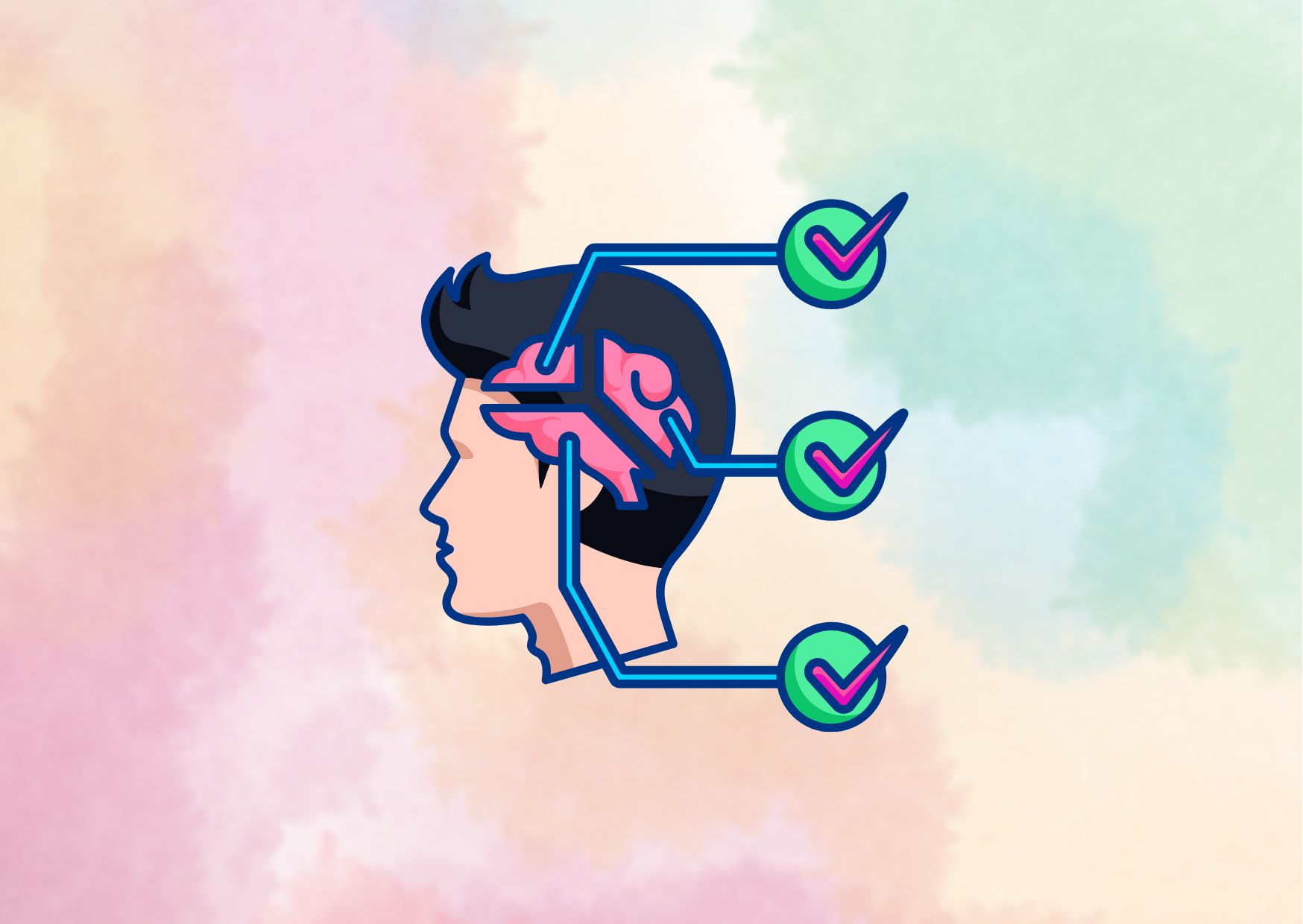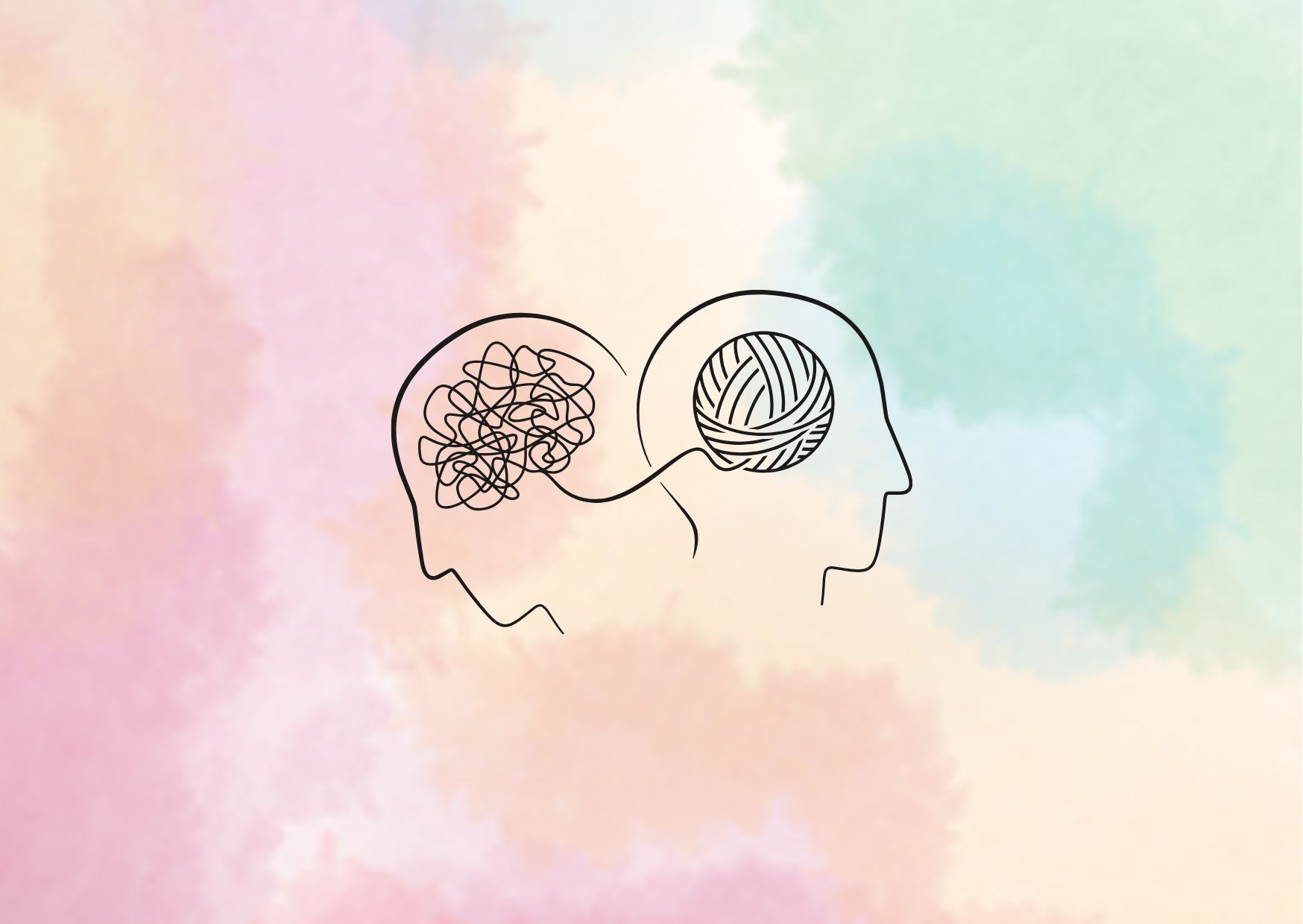Psychological Evaluation: Key Components and Processes Explained
Mental health assessment needs have increased by 52% since 2019, making psychological evaluations more relevant than ever before. A psychological evaluation serves as a comprehensive tool for understanding mental health, cognitive function, and behavioral patterns. These structured assessments help mental health professionals gather crucial information about a person’s emotional well-being, thinking processes, and behavioral tendencies. This guide breaks down the key components and processes of psychological evaluations, helping you understand what to expect and how these assessments contribute to better mental health care.
Understanding Psychological Evaluations
A psychological evaluation represents a systematic approach to understanding an individual’s mental health, cognitive abilities, and behavioral patterns. This comprehensive assessment process combines various tools and techniques to create a detailed picture of a person’s psychological functioning.
Definition and Purpose
A psychological evaluation is a structured assessment process conducted by licensed psychologists to evaluate mental health status, cognitive abilities, and behavioral patterns. These evaluations serve multiple purposes, including diagnosing mental health conditions, assessing cognitive functioning, and developing targeted treatment plans. Through standardized testing methods and professional observation, psychologists gather objective data about an individual’s psychological state.
The primary goal is to collect, integrate, and interpret information about a person’s mental functioning through various assessment tools. This process helps identify both strengths and potential areas of concern, enabling healthcare providers to make informed decisions about treatment approaches.
When These Evaluations Are Needed
Psychological evaluations become necessary in several situations:
- Persistent changes in behavior or mood
- Difficulties with concentration or memory
- Academic or workplace performance issues
- Unexplained physical symptoms
- Social withdrawal or relationship problems
These assessments are particularly crucial when symptoms interfere with daily functioning or when there’s uncertainty about the underlying causes of behavioral or emotional challenges. Healthcare providers often recommend evaluations when standard medical examinations fail to explain symptoms or when multiple treatment approaches haven’t produced desired results.
Different Types of Psychological Assessments
The field of psychological assessment encompasses various specialized evaluations, each designed to examine specific aspects of mental health and cognitive functioning. Clinical interviews form the foundation of most assessments, providing crucial background information and behavioral observations. Standardized testing measures specific aspects of cognitive functioning, including memory, attention, and problem-solving abilities.
Behavioral assessments focus on analyzing specific patterns of behavior through structured observation and documentation. These may include personality assessments that examine characteristic patterns of thinking, feeling, and behaving. Neuropsychological evaluations provide detailed information about cognitive functioning, particularly useful in cases involving brain injury or neurological conditions.
Each type of assessment serves a specific purpose in the evaluation process, and psychologists often combine multiple approaches to gather comprehensive information. The selection of assessment tools depends on the individual’s specific circumstances, symptoms, and the questions being addressed through the evaluation process.
The Core Components
The foundation of a comprehensive psychological evaluation rests on three core components, each providing unique insights into an individual’s mental health and cognitive functioning.
Clinical Interviews and Observations
The clinical interview serves as the cornerstone of psychological assessment, providing a structured yet flexible approach to gathering information. Mental health professionals conduct these interviews using various formats, from unstructured conversations to highly structured diagnostic interviews. During these sessions, clinicians make systematic observations of behavior, speech patterns, and emotional responses.
Professional observations focus on several key areas:
- Behavioral patterns and responses
- Emotional expression and regulation
- Cognitive functioning and awareness
- Social interaction patterns
- Physical appearance and demeanor
Standardized Testing Methods
Standardized testing provides objective measures of psychological functioning through carefully controlled procedures. These tests are administered under specific environmental conditions, ensuring consistency and reliability. Norm-referenced tests allow comparisons between individuals and established standards, while criterion-referenced tests measure performance against fixed criteria.
| Test Category | Purpose | Application |
| Intelligence Tests | Measure cognitive abilities | Academic/Career planning |
| Personality Tests | Assess behavioral traits | Treatment planning |
| Achievement Tests | Evaluate specific skills | Educational assessment |
Behavioral Assessments
Behavioral assessments examine how individuals interact with their environment through systematic observation and documentation. These evaluations utilize various tools and techniques to gather data about behavioral patterns, social interactions, and adaptive functioning. Structured observation methods allow clinicians to quantify specific behaviors, while naturalistic observation provides insights into real-world functioning.

